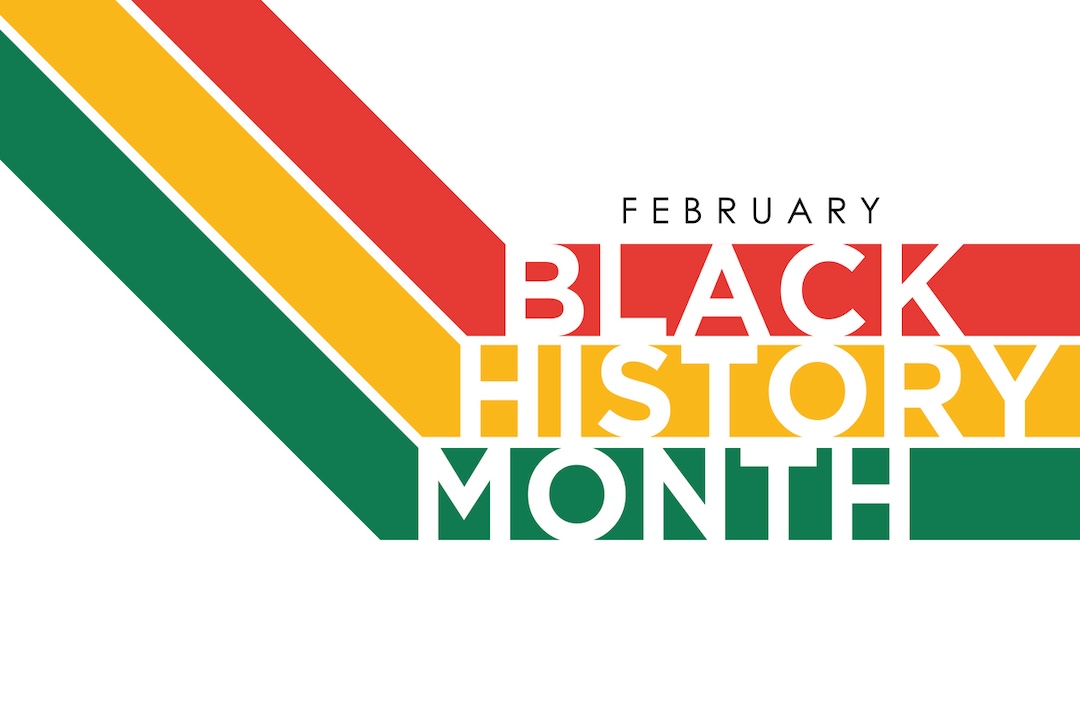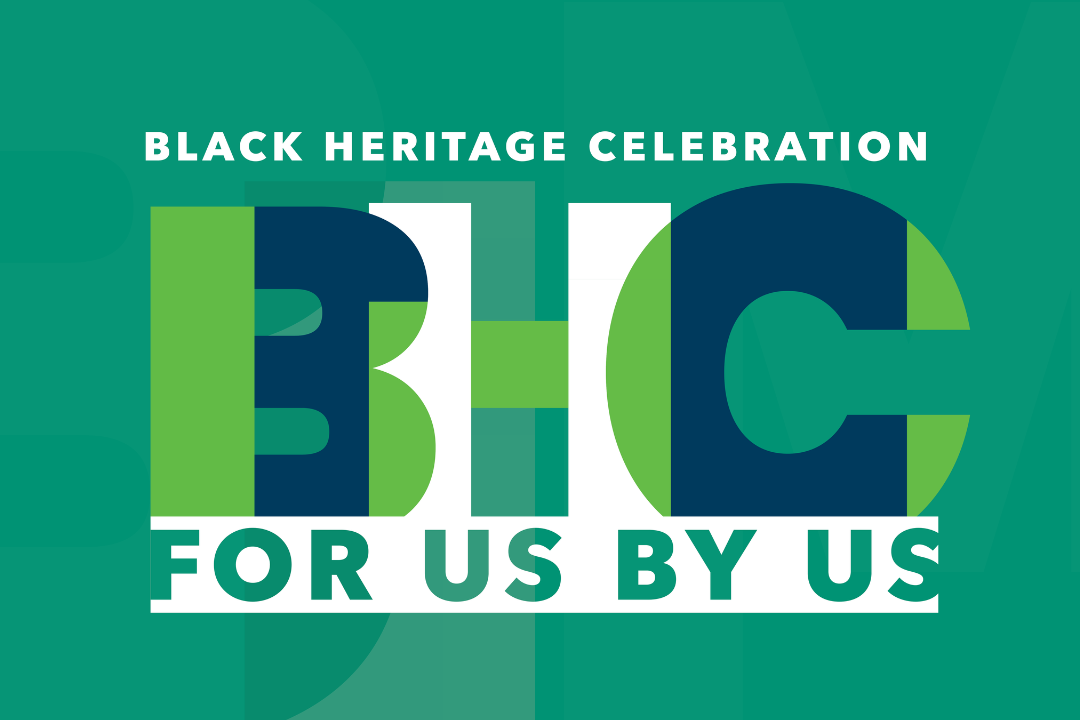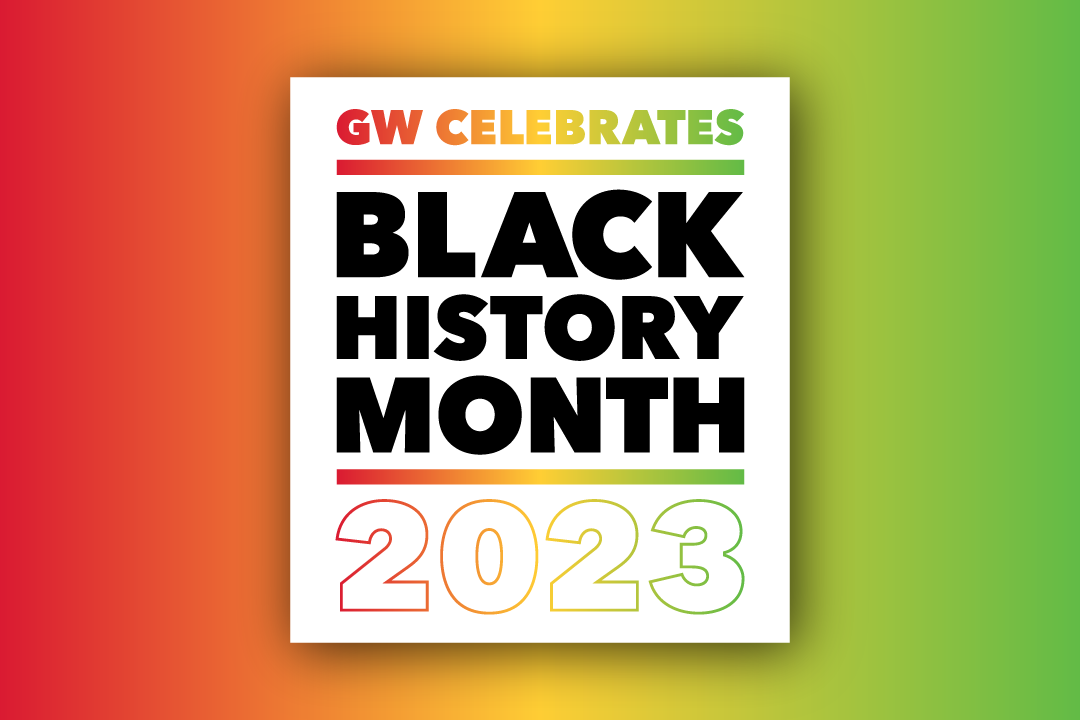This Black History Month, several of GW Law's Black alumni shared their stories about their families, histories, and the inspiration behind their choice to pursue a legal career.
Read their reflections on Black History Month below.

Danielle M. Conway, Dean of Penn State Dickinson Law and AALS President-Elect
My mother raised me and my three siblings in Philadelphia. Inspired by Martin Luther King, Jr., I decided at age 8 that I wanted to be a lawyer. (I later learned he was not an attorney—but can you blame a child’s assumption based on his tenor, conviction, and command of language?) When I shared my dream with my mom, she decided to lead by example and go to law school at night, passing the bar exam on her first try.
I graduated from New York University Stern School of Business and Howard University School of Law and earned an LLM from George Washington University Law School. I also had 27 years of combined active, reserve, and National Guard service. Before being named dean and Donald J. Farage Professor of Law at Penn State Dickinson Law, I spent 14 years on the faculty of the University of Hawai’i at Mānoa, William S. Richardson School of Law and four years as dean of the University of Maine School of Law. I founded and serve as executive director of the Antiracist Development Institute (ADI) at Penn State Dickinson Law.
In January, I was voted 2025 president-elect of the Association of American Law Schools (AALS). I aspired to serve as AALS president for 10 years, beginning when I was selected for the Steering Committee. My contributions to legal education demonstrated to the community of legal educators and law-affiliated organizations that I am a trusted resource, especially in areas of governance, teaching and learning, leadership, and, yes, antiracism.
Black History Month offers a chance to reflect on where we have been and where we are going as a nation with justice and equality for all. To that end, legal education, the legal academy, and the legal profession can embed institutional antiracism in all that they do in furtherance of these core values of democracy. I am proud of this work and its impact on promoting the rule of law.

Richard Jones, JD ’84, Executive Vice President and General Counsel of the Federal Reserve Bank of Atlanta
“History’s long page records the whole vast prelude to our age...” — Langston Hughes, A Negro History Poem
Born the tenth of twelve children in Atlanta in the mid-1950s, I was blessed both with nurturing parents and to live in a community devoted to civil rights. The church was central to the lives of most in my neighborhood, and my family was no different. I grew up in a church which was pastored by a devotee of Dr. King and often used as a venue for civil rights education and strategy meetings. As central as the church was to my upbringing, so too were the extraordinary, historical achievements of those who fought valiantly for equal rights under law. Their exploits and courage fueled my hopes and stirred my imagination.
Though the freedom struggle was all around us, as I child I wondered why my father insisted firmly that neither I nor my siblings experience the world outside of our community without him. I later learned that having tasted the bitter fruits of bigotry and inequality, he was steadfastly determined to shield his children. As a very young man, he started working for Southern Railway and never finished high school. Even so, he stressed the importance of education and filled our home with books about heroic Black history figures, particularly those in science, business and education.
On our many walks through downtown Atlanta, he would often point to the Federal Reserve Bank of Atlanta (FRBA), which was a stone’s throw from where he worked at the Atlanta Terminal Station and declare that “all of the bankers in the big fancy buildings around town must answer to people who work there.” He had tremendous respect for what he felt the FRBA stood for as an institution devoted to financial stability and economic integrity. Looking back and thinking of how he and my mother stressed the importance of education and Black history, I believe he would be pleased that I served honorably in the U.S. Army, attended and graduated from Morehouse College in three years with honors, received a law degree from GW, graduated from the Harvard University Business School’s Advanced Management Program, and practiced law and served in the Atlanta community for more than 40 years. I think he would be even more pleased to know that almost 25 years ago, I became FRBA Executive Vice President and General Counsel.
The official designation of February as Black History Month came just a few years after my father passed away. Indeed, even Carter G. Woodson, the renowned historian credited as the father of Black history, didn’t live to see the ripened fruits of his efforts. Yet, there’s a very salient, bright through line connecting their wisdom and understanding of the importance of our history that continues up to this day. In so many ways, both my father’s and mother's faith and emphasis on Black history were the driving force behind all that I and their other children achieved. When I think of Black History Month, I see them and the many others who dreamt that a concentrated celebration of Black history would be additive to and not divisive of America’s fabric. With all my heart, I’m still convinced they were right.





